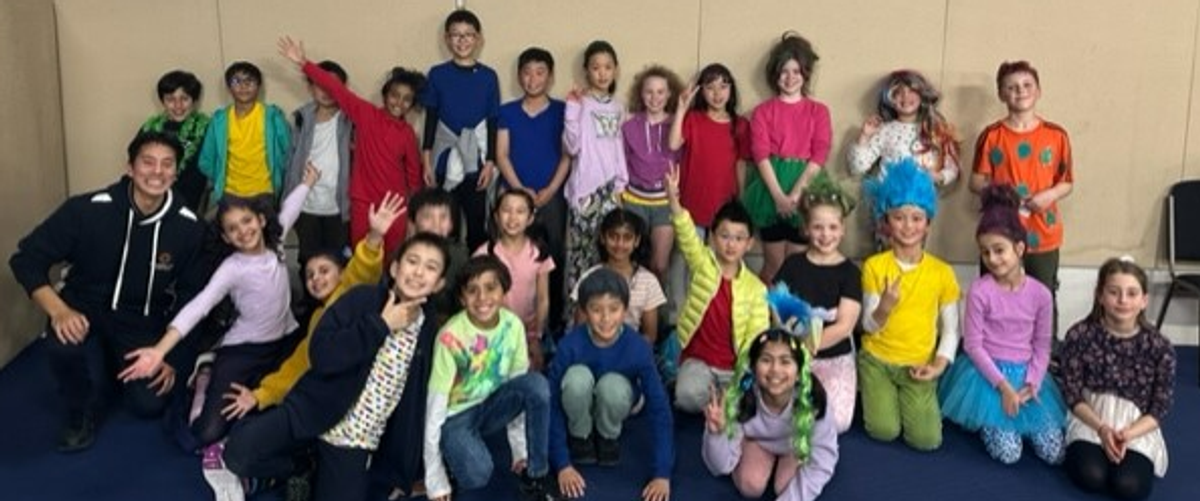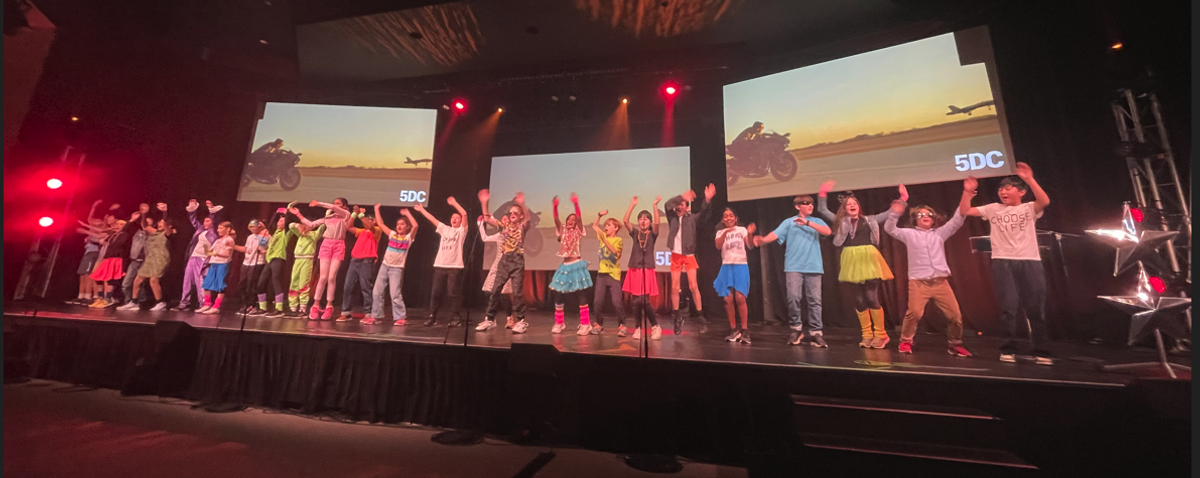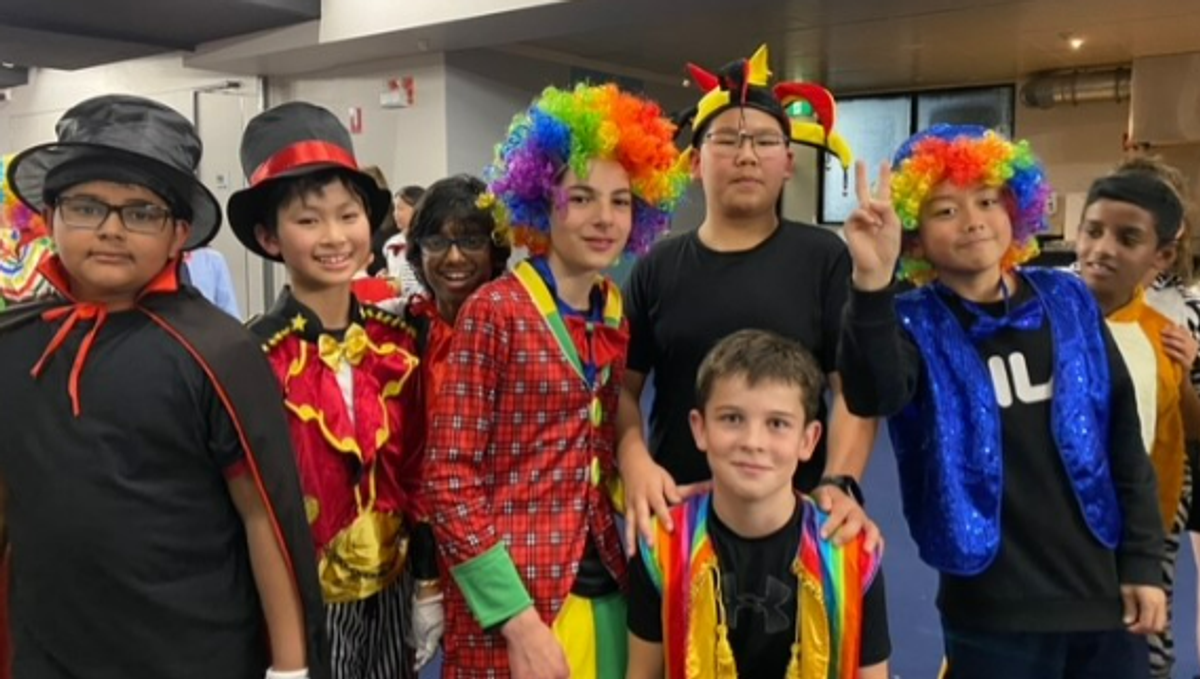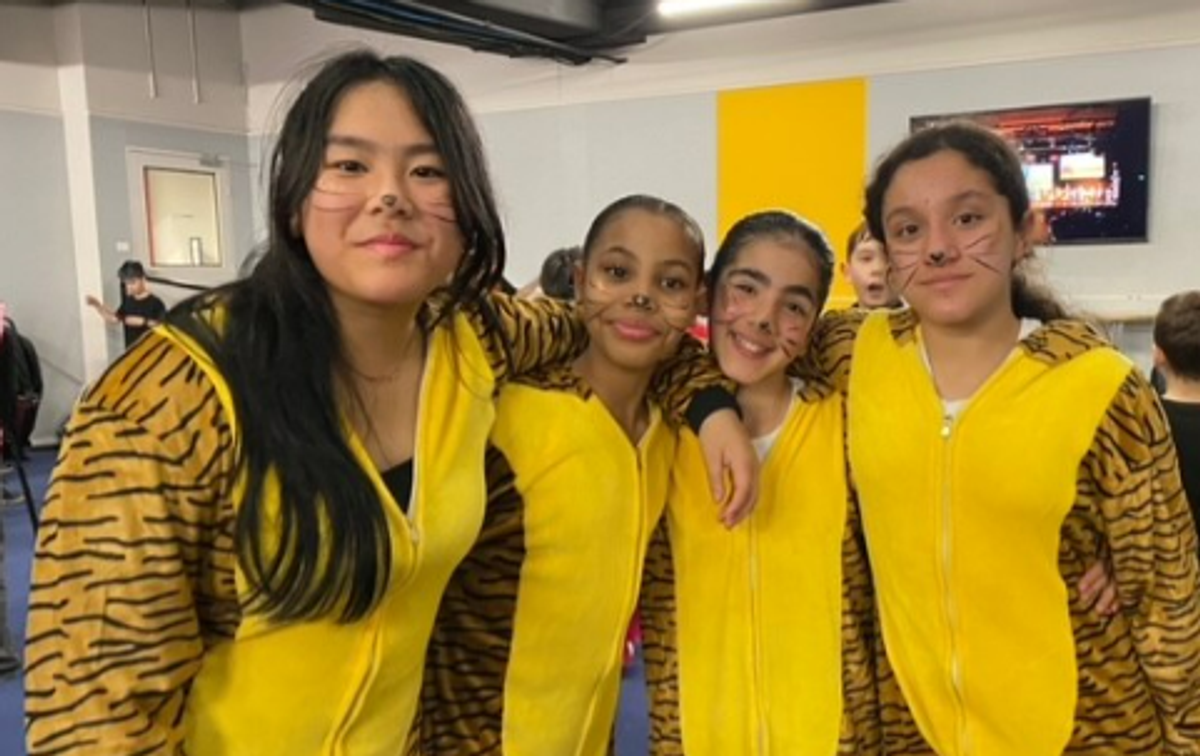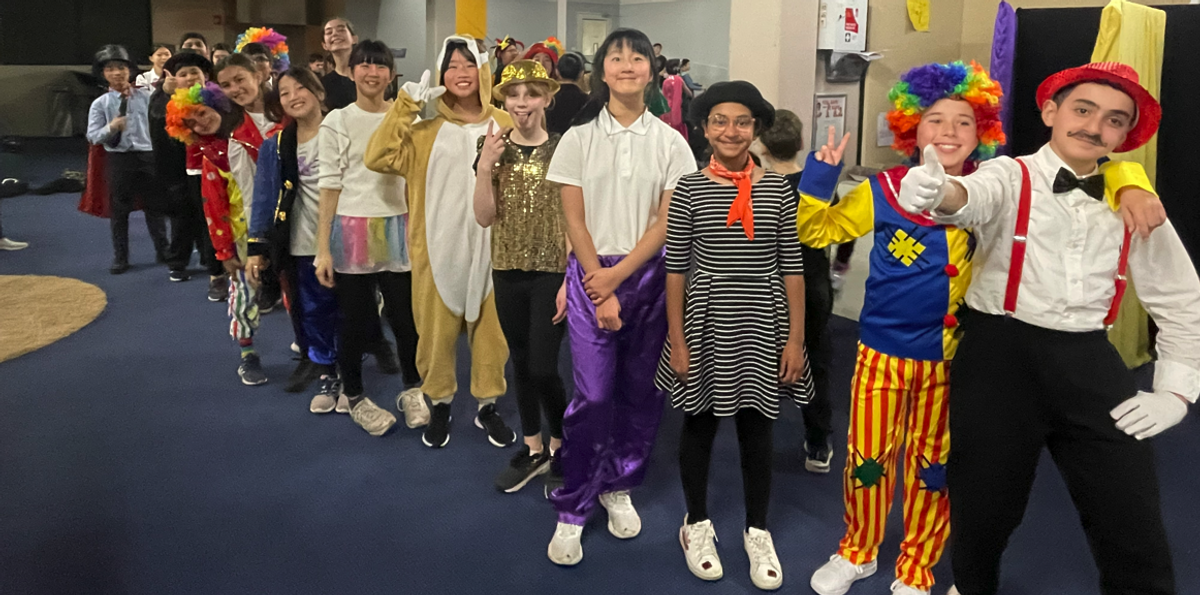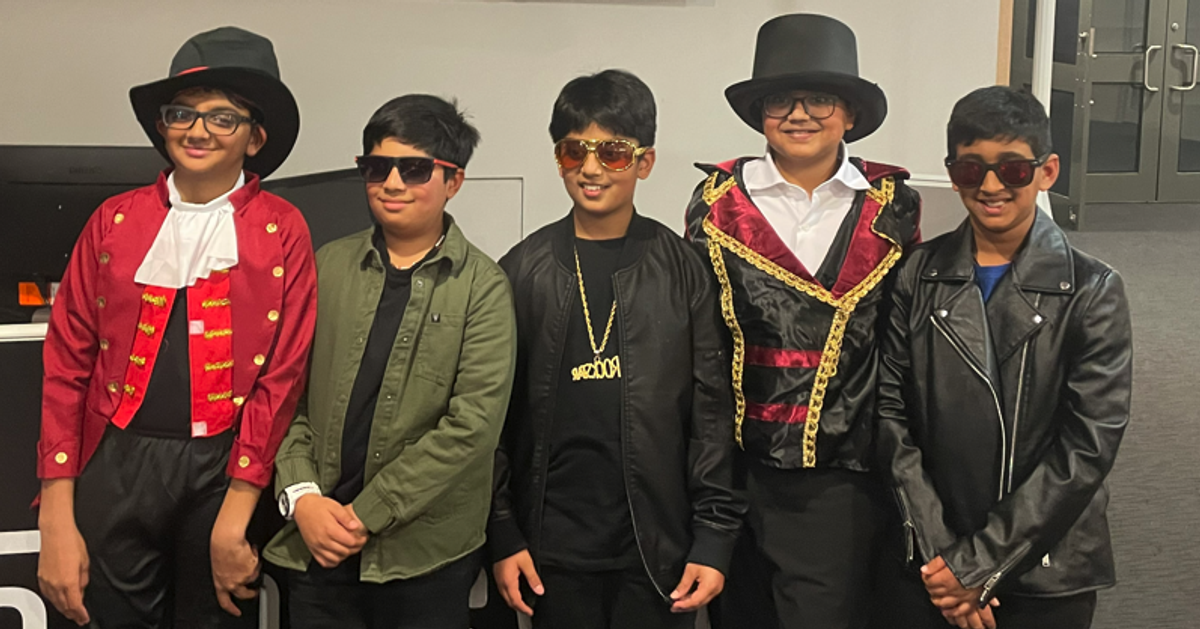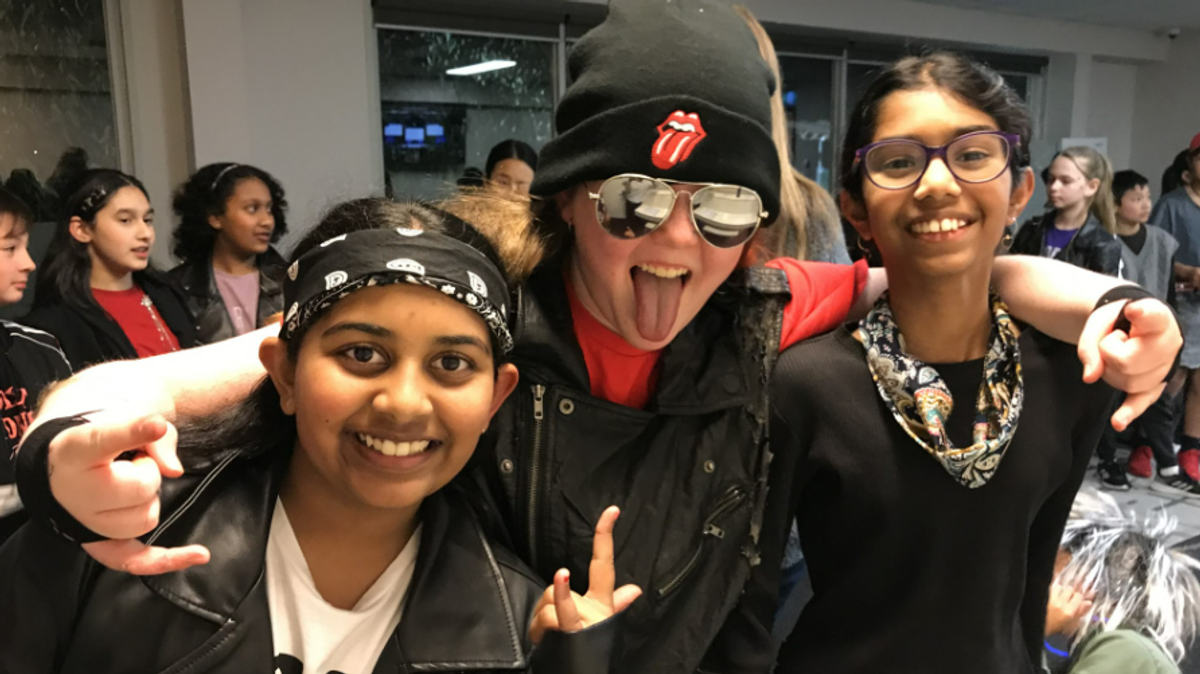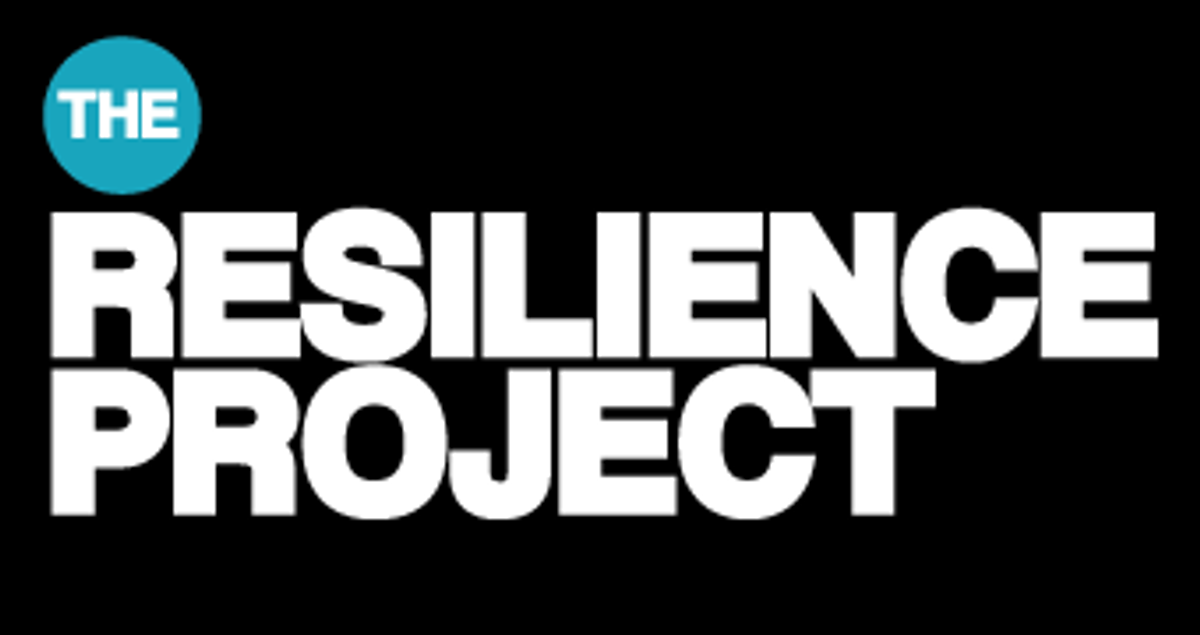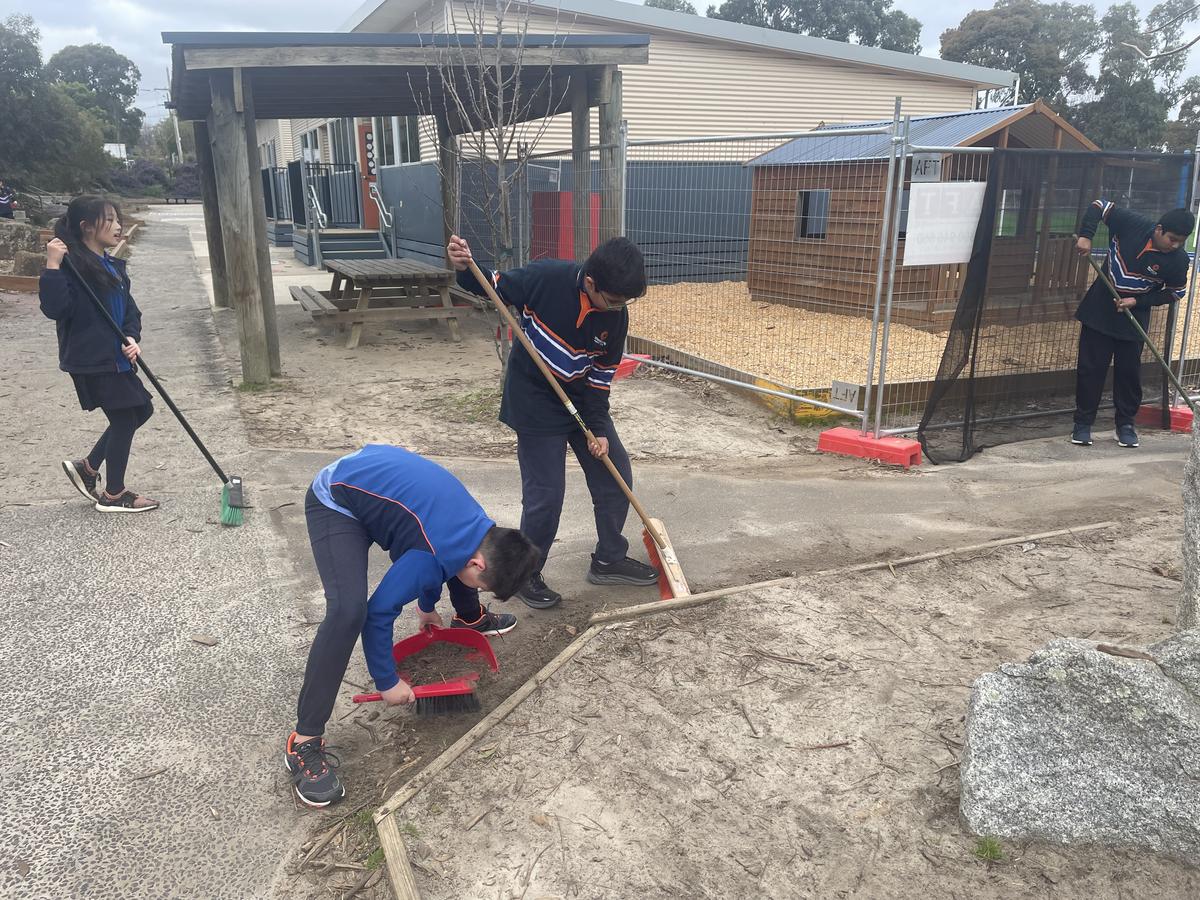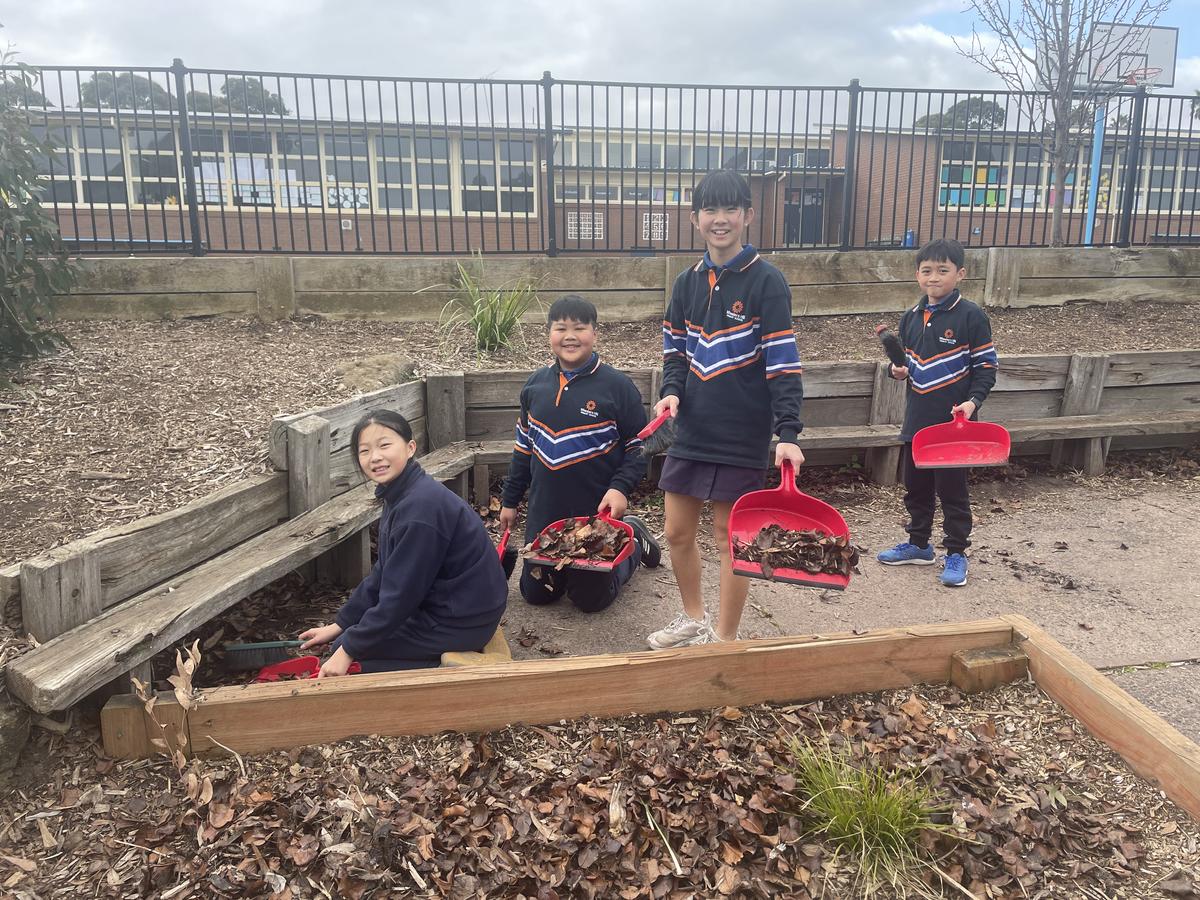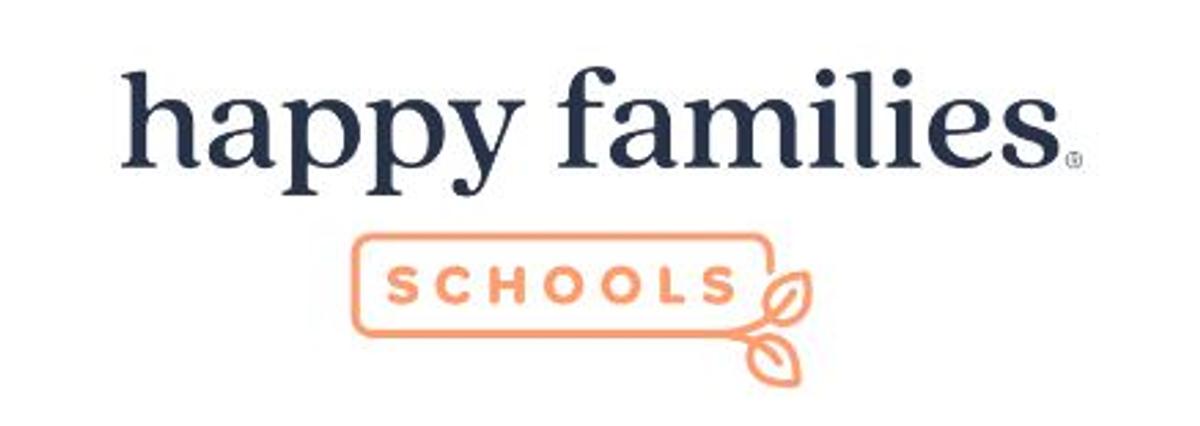Assistant Principal Katrina Spicer - Wellbeing
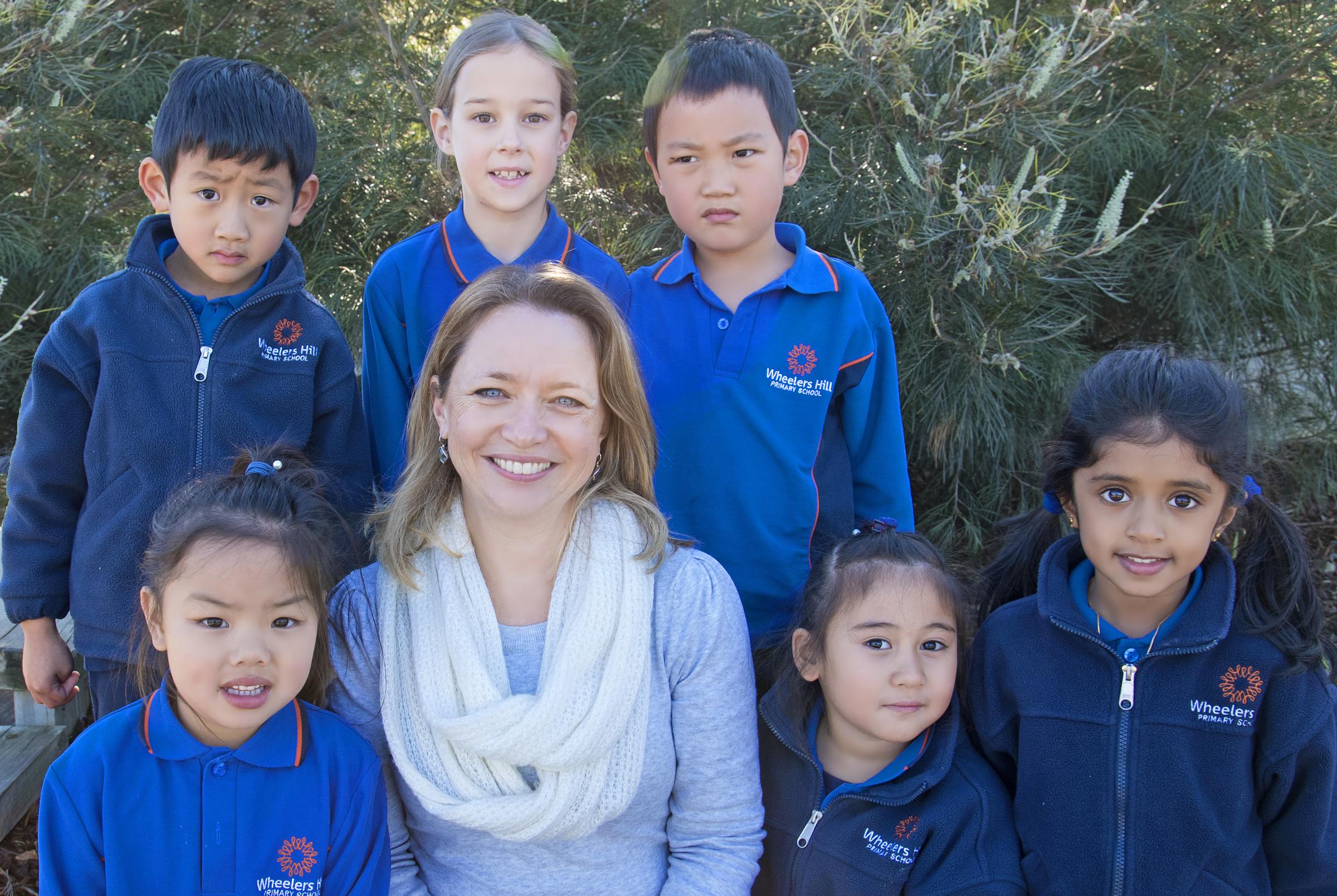
4th August 2023
CONGRATULATIONS AND WELL DONE!
Enormous congratulations to all the students in years 4, 5 and 6 for your performance in the Senior School Production on Tuesday, 25th August.
It's hard to believe that our last proper school production was in 2018.
It was so exciting to witness our students performing on stage, having learned songs, choreography, dressed up in colourful costumes and performing under lights on the big stage.
The benefits of the Performing Arts are immeasurable. Countless studies prove that participating in music, dance and drama can improve academic achievement, enhance cognitive, motor and social development and improve a child's ability to make quick decisions. Children who participate in ensembles learn to be aware of and respond to those around them and work as a team. Learning that mistakes are ok, and how to keep going when mistakes happen is a huge part of the resilience that is developed through participation in the Performing Arts.
Another enormous benefit of performing is the boost it can bring to a child's self esteem. There is nothing like the feeling of performing on stage, and hearing the audience cheer and clap when the performance is over.
I hope that the students who performed in the Senior Production will have fond memories of this night, and that they will remember it as a highlight of their primary school experience.
Thank you so much to Dan Slater for his enormous efforts in organsing and coordinating the event, and to the year 4,5 and 6 classroom teachers for rehearsing and supporting your students.
TRP - PARENT AND CARER HUB
Through our school's subscription to The Resilience Project, WHPS families are able to access the TRP Parent and Carer Hub. On this website, Hugh and Martin from TRP unpack the crucial elements of Gratitude, Empathy, Mindfulness and Emotional Literacy, which have been proven to be essential to developing resilience and wellbeing in adults and children.
Gratitude is paying attention to the things that we have right now, and not worrying about what we don’t have. We practise this by noticing the positives that exist around us.
Research shows that practicing gratitude rewires our brains to overcome the negativity bias (which can lead to anxiety and depression) and see the world for what we are thankful for. It is also shown to broaden thinking, and increase physical health through improved sleep and attitude to exercise.
Empathy is our ability to put ourselves in the shoes of others to feel and see what they do. We practice this through being kind and compassionate towards other people.
Brain imaging data shows that being kind to others registers in the brain as more like eating chocolate than like fulfilling an obligation to do what’s right (e.g., eating brussel sprouts)! Research shows that practicing empathy, such as performing acts of kindness, taps into our brain’s ‘mirror neurons’, builds compassion and our behaviour becomes more social and community-based.
Mindfulness is an intentional awareness generated by paying attention to a whole experience; being present in the moment. It’s important to explore what mindfulness strategies are helpful for you.
Thousands of studies have proven benefits include reduced stress, reduced rumination, increased memory, increased cognitive function and physical health benefits through improved immunity.
The key to building resilience in our children is allowing them to experience failure, hardship, disappointment etc. As parents, we can be too quick to resolve our children's challenges which can deprive our children of enormous growth opportunities. These typically happen when we experience failure and uncertainty. As parents we should be there for our children when they fail, but not fight their battles for them.
You can watch the videos and access activities and resources anytime via the Parent & Carer Hub.
You can also stay up to date with The Resilience Project news and events by signing up to their Newsletter.
SCHOOL PRIDE
Each week, two classes are allocated to 'School Pride'. The students spend time in the yard doing jobs such as picking up rubbish, sweeping and general tidying up. Doing this helps to instill a sense of pride in our school.
This week, students from 6SC helped to sweep and tidy up areas near the year 2 portables.
Katrina Spicer
Assistant Principal for Wellbeing
katrina.spicer@education.vic.gov.au
RAISING KIDS WITHOUT BRIBES: THE SECRET TO WINNING THEIR COOPERATION
By Dr Justin Coulson
There’s one type of statement that I try to avoid when I’m talking with my kids.
“If… then” statements.
You know the ones I mean.
If you eat all your vegetables, then you can have dessert.
If you are good at the shops, then I’ll buy you a treat at the checkout.
If you behave when grandma comes over, then we can watch TV when she leaves.
The problem with these statements is that they’re essentially bribery. And bribery is just a threat in disguise. You might as well say “If you don’t eat your vegetables, then you won’t get any dessert.”
Bribery, rewards and punishment are an effective parenting tool… if your only goal is to secure immediate compliance. That is, if you want your child to do what you say when you say it. Which probably sounds like exactly what you want.
However, when you think about it, immediate compliance probably isn’t the real goal… at least, not most of the time (but sometimes it is. We all know it!)
What you really want for your child is moral internalisation.
That is, you want your child to understand the rules and the reasoning behind them so that they will do what is right, even when adults aren’t around to tell them what to do. Sounds better, right?
Moral internalisation requires a completely different set of tools. We can’t rely on bribery, rewards and punishments if we’re aiming for moral internalisation.
However, moving away from the tool of “If… then…” statements isn’t easy. This form of fear-based discipline is automatic for so many parents because it’s such a simple formula to follow. It doesn’t require much effort.
But if you’re ready to expand your parenting toolbox, here’s a few tools you can try:
Do it with them.
It’s time to pack up the toys, but instead of yelling out “If these toys don’t get picked up, then I’m throwing them away”, try getting down on the ground with them and working as a team. Our kids want to be involved in our world. So, if we’re doing something, and we invite them to join in, chances are that they’ll say yes, even for something as routine as tidying up the toys.
Make it fun.
Kids love to play! In fact, it’s been demonstrated that kids learn things much easier and quicker if play is involved. So next time you’re at the shops, see if you can make a scavenger hunt. Challenge them to find the biggest capsicum, or maybe you can set the timer and see how quickly you can make it down each aisle. There are so many ways to make even simple tasks fun.
Collaborate to find win/win solutions.
When we talk with our kids and value their input, we can often find compromises that work for everyone. That might go like this: “I really would like you to eat some vegetables at dinner time. What vegetables would like us to cook today?”
Explain the reason for a rule.
When you let your child know why you would like them to behave a certain way, and set up expectations in advance, they’re much more empowered to behave the way you would like them to. By explaining to them, for example, that Grandma doesn’t like loud noises, so we need to be a bit quieter when she’s visiting, you’re setting them up for success. It can also be a good idea to plan contingencies in advance for if expectations aren’t being met. For example, “if you’re having a hard time being quiet when Grandma is here, you can go outside for a bit to get some of your energy out before you come back in.”
Be proactive.
Asking your child to be well behaved at the shops when they’re hungry is just not going to happen. Likewise, your child just isn’t going to be as helpful when it comes to packing up the toys if they’re tired after a long day. Try shifting the timing for these activities, reducing your expectations, or making it easier to meet your expectations by setting up the environment for success.
Stick firmly to loving limits.
They’re getting rowdy in the store. Carry them out calmly, explaining that we can go back when they’re ready to use walking feet and quiet voices.
Getting out of the habit of using bribery to control our kids isn’t easy. It requires trusting that internalising morals is better, which is hard when we’ve been conditioned to believe that good children are compliant children. It requires expanding your toolbox. It requires admitting that not every tool will work in every situation. It requires patiently acknowledging that sometimes you won’t be able to secure compliance.
However, turning to connection and away from coercion is so much better, both for our children and also for our relationship with them. If you’re ready to give it a go, pick a tool, try it out, and see what happens.

